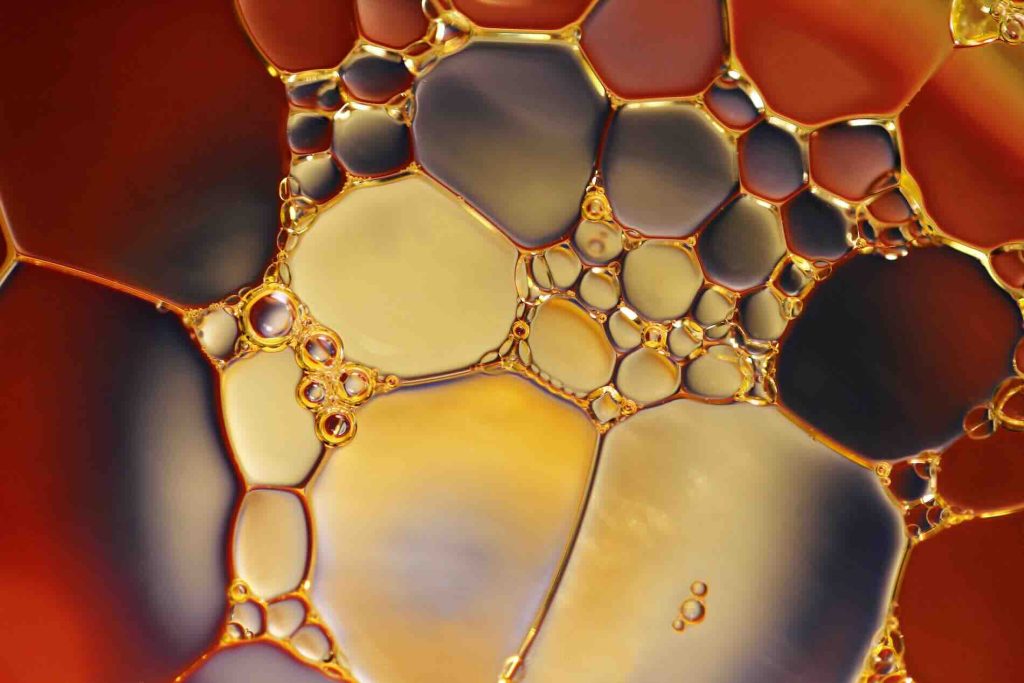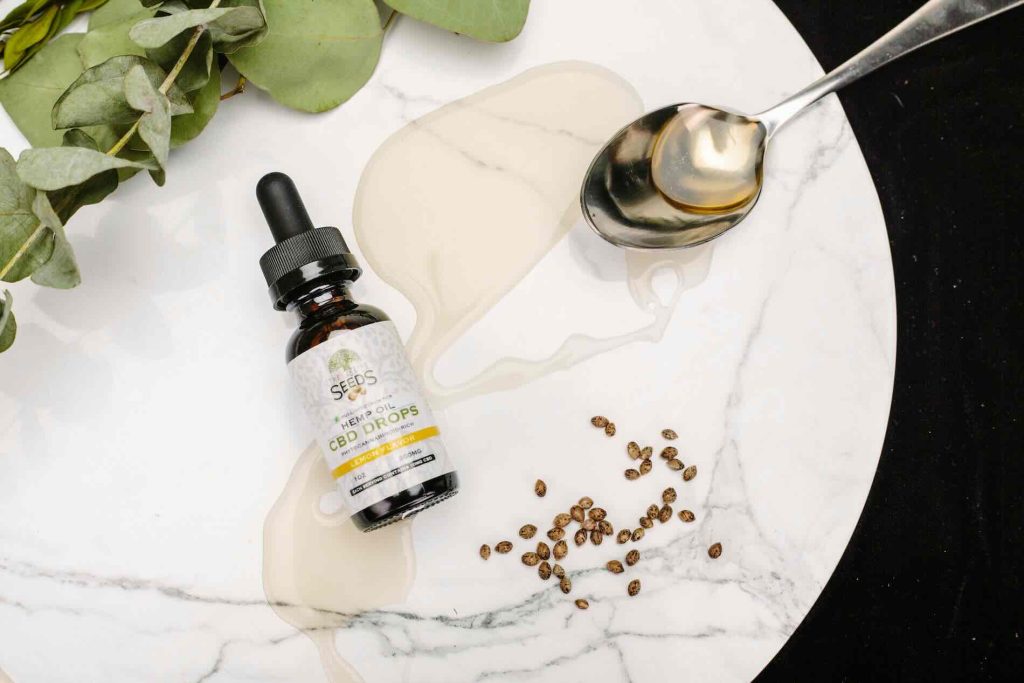Let’s be honest—when most people hear “cannabis,” they think of getting high. But if you’ve been following the science (or the health aisle at your local store), you know that cannabis is more than a buzzword. For many, it’s a lifeline. And two compounds—CBD and THC—are leading the charge.
But what exactly makes CBD and THC different? And why do some people swear by one over the other?
As a health enthusiast who’s explored plant-based wellness for years, I’ve seen firsthand how both compounds can serve radically different purposes. Let’s unpack their differences—without the hype, and with the facts.
The Basics: What Are CBD and THC?
CBD (cannabidiol) and THC (tetrahydrocannabinol) are both cannabinoids—naturally occurring compounds found in the cannabis plant. While they’re chemically similar, their effects on the body are quite different.
Here’s the quick cheat sheet:
- CBD: Non-intoxicating, often used for pain, anxiety, inflammation, and sleep
- THC: Psychoactive (yes, it gets you high), used medically for pain, appetite stimulation, nausea, and muscle spasms
Both interact with your body’s endocannabinoid system (ECS)—a regulatory network that helps maintain balance in mood, appetite, pain, and immune function. But they bind to ECS receptors differently, which is where their divergence begins.
CBD: The Calm Without the High
CBD is like the chill friend who brings balance without drama. Lots of people take it in the form of oil. It doesn’t get you high because it doesn’t directly bind to CB1 receptors in the brain (the ones THC lights up). Instead, it works more subtly—helping to regulate neurotransmitters like serotonin, GABA, and even anandamide (your “bliss molecule”).
Common uses of CBD include:
- Managing anxiety or social stress
- Reducing chronic pain or inflammation (like arthritis)
- Supporting better sleep without next-day grogginess
- Helping with seizure disorders—especially in children (e.g., Epidiolex, FDA-approved)
Pro insight: I’ve personally used CBD post-workout to ease muscle tension and support recovery. It doesn’t knock you out—it just takes the edge off.
THC: The Heavy Lifter (and the High)
THC binds directly to CB1 receptors, especially in the brain, which is why it causes euphoria, altered perception, and (sometimes) couch-lock. But that psychoactivity also makes it incredibly powerful in clinical settings.
Medical applications of THC:
- Alleviating severe chronic pain (e.g., nerve pain, fibromyalgia)
- Stimulating appetite in cancer and HIV patients
- Controlling nausea and vomiting from chemotherapy
- Relaxing muscle spasms in conditions like multiple sclerosis
For people in serious pain or battling wasting diseases, THC isn’t recreational—it’s therapeutic. The key is dosage and delivery.
The Entourage Effect: Better Together?
One fascinating part of cannabis science is the “entourage effect”—the idea that cannabinoids work better together than alone. In other words, combining CBD and THC (often in precise ratios like 1:1 or 4:1) may enhance their therapeutic potential while reducing unwanted side effects.
Example: Adding CBD to THC may reduce THC’s anxiety-provoking effects or help “round out” the high.
Some popular balanced products include tinctures, capsules, and vape pens formulated with both cannabinoids—especially in medical states where full-spectrum cannabis is legal.
Key Differences at a Glance
| Feature | CBD | THC |
|---|---|---|
| Psychotropic? | No | Yes |
| Legal Status (U.S.) | Federally legal (if hemp-derived, <0.3% THC) | Legal in select states for medical/recreational use |
| Common Uses | Anxiety, pain, inflammation, seizures | Severe pain, nausea, appetite loss, spasticity |
| Side Effects | Low risk—may cause drowsiness, dry mouth | May cause anxiety, dry mouth, increased appetite, impairment |
So Which One’s Right for You?
That depends on your goals. If you’re looking for mental clarity, anxiety relief, or a general wellness supplement—CBD is likely your go-to. If you’re managing intense physical symptoms or need something stronger, THC (or a THC/CBD combo) might be worth exploring—with a doctor’s guidance.
Important: Always check your local laws. THC remains a controlled substance in many areas, while CBD is legal at the federal level (if derived from hemp and under 0.3% THC).
Final Thought: CBD and THC Aren’t Opposites—They’re Teammates
In the world of medical cannabis, it’s not a battle between CBD and THC. It’s about finding the right ratio, product, and protocol that supports your unique health journey. For some, that means full-spectrum blends. For others, CBD-only is enough.
Whichever route you take, it’s not about chasing a high—it’s about finding balance. And that’s a goal we can all get behind.
- How Automated Dispensing Cabinets (ADCs) revolutionized point-of-care medication administration? - November 23, 2021
- How to Select the Best and Most Affordable Fitness Tools - October 31, 2021
- What is Causing the Trend of Nursing Turnover and How to Stop It - August 24, 2021


